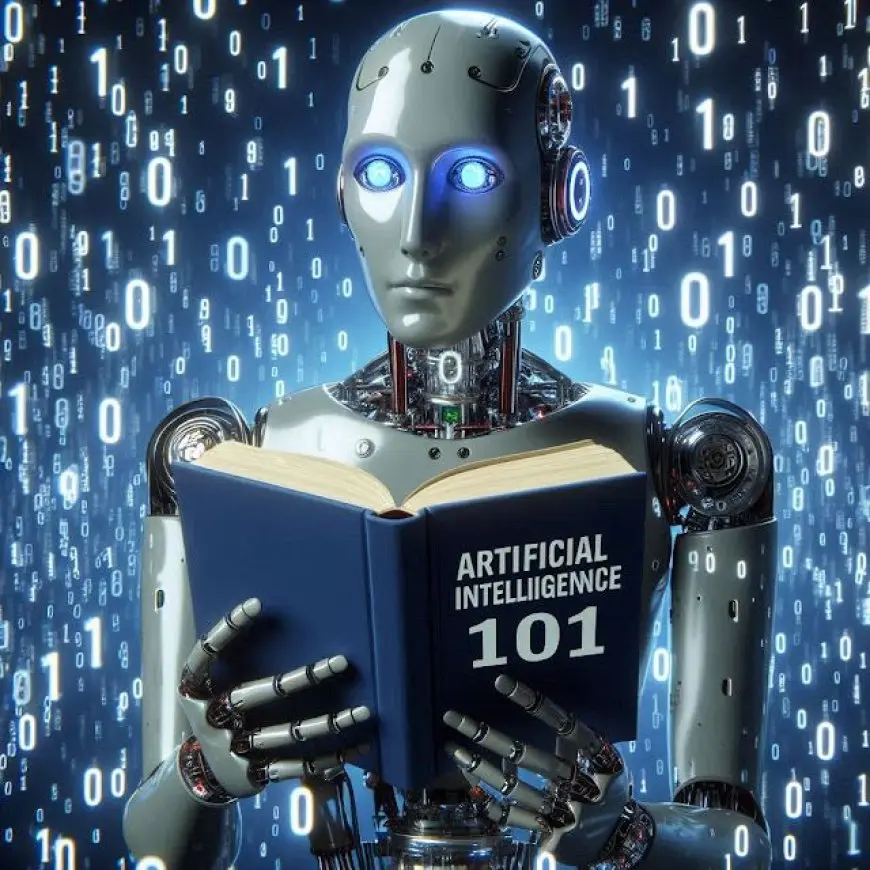"Exploring the Ethics of Artificial Intelligence"
"Exploring the Ethics of Artificial Intelligence"

Exploring the Ethics of Artificial Intelligence
As artificial intelligence (AI) continues to evolve and integrate into various aspects of society, it raises profound ethical questions about its development, implementation, and impact on humanity. While AI has the potential to bring immense benefits, such as enhancing productivity, improving healthcare, and solving complex problems, its rapid growth also highlights the need to address challenges related to fairness, accountability, and human rights.
One of the primary ethical concerns surrounding AI is bias and discrimination. AI systems often learn from historical data, which may reflect existing prejudices and inequalities. When these biases are embedded in algorithms, they can perpetuate or even amplify discrimination in critical areas such as hiring, lending, and law enforcement. Ensuring that AI systems are trained on diverse and unbiased datasets is essential to promoting fairness and equity.
Transparency is another pressing ethical issue. Many AI algorithms, particularly those powered by machine learning, operate as "black boxes," making it difficult to understand how decisions are made. This lack of transparency can erode trust and hinder accountability, especially in high-stakes applications like healthcare diagnostics or criminal justice. Developers and organizations must strive to create explainable AI systems that provide clear reasoning for their outputs.
Privacy and surveillance also come to the forefront in discussions about AI ethics. AI-powered tools, such as facial recognition and predictive analytics, have raised concerns about the erosion of privacy and the potential for misuse. Striking a balance between leveraging AI for public safety and protecting individual rights is a complex but critical challenge. Strong regulations and ethical guidelines are needed to ensure that AI technologies respect user privacy and prevent intrusive monitoring.
Autonomy and decision-making are equally important ethical considerations. As AI systems become more autonomous, questions arise about who is responsible for their actions. For example, in the case of self-driving cars, determining accountability for accidents can be complex. Similarly, delegating decision-making in areas like military operations or healthcare poses moral dilemmas that require careful consideration and oversight.
Job displacement and economic inequality are other significant concerns associated with AI. As automation powered by AI transforms industries, it threatens to displace human workers in various sectors, leading to potential unemployment and widening economic disparities. Policymakers and businesses must work together to prepare for this transition, prioritizing education, reskilling programs, and policies that promote inclusive economic growth.
The ethical implications of AI also extend to the broader question of how it shapes human values and society. For instance, the development of AI that mimics human emotions or behavior raises questions about authenticity and the nature of human relationships. Similarly, the creation of superintelligent AI systems sparks debates about the risks of losing control over such technologies and the potential consequences for humanity.
Addressing these ethical challenges requires a collaborative effort. Governments, organizations, researchers, and civil society must come together to establish ethical frameworks and standards for AI. This includes creating guidelines for responsible AI development, ensuring diversity and inclusivity in AI research, and fostering global cooperation to address cross-border implications of AI technologies.
In conclusion, the ethics of artificial intelligence is a multifaceted and evolving field that demands careful thought and action. As AI continues to transform the world, ensuring that it aligns with human values, respects fundamental rights, and promotes social good is essential. By addressing these ethical concerns proactively, society can harness the power of AI responsibly and equitably.







